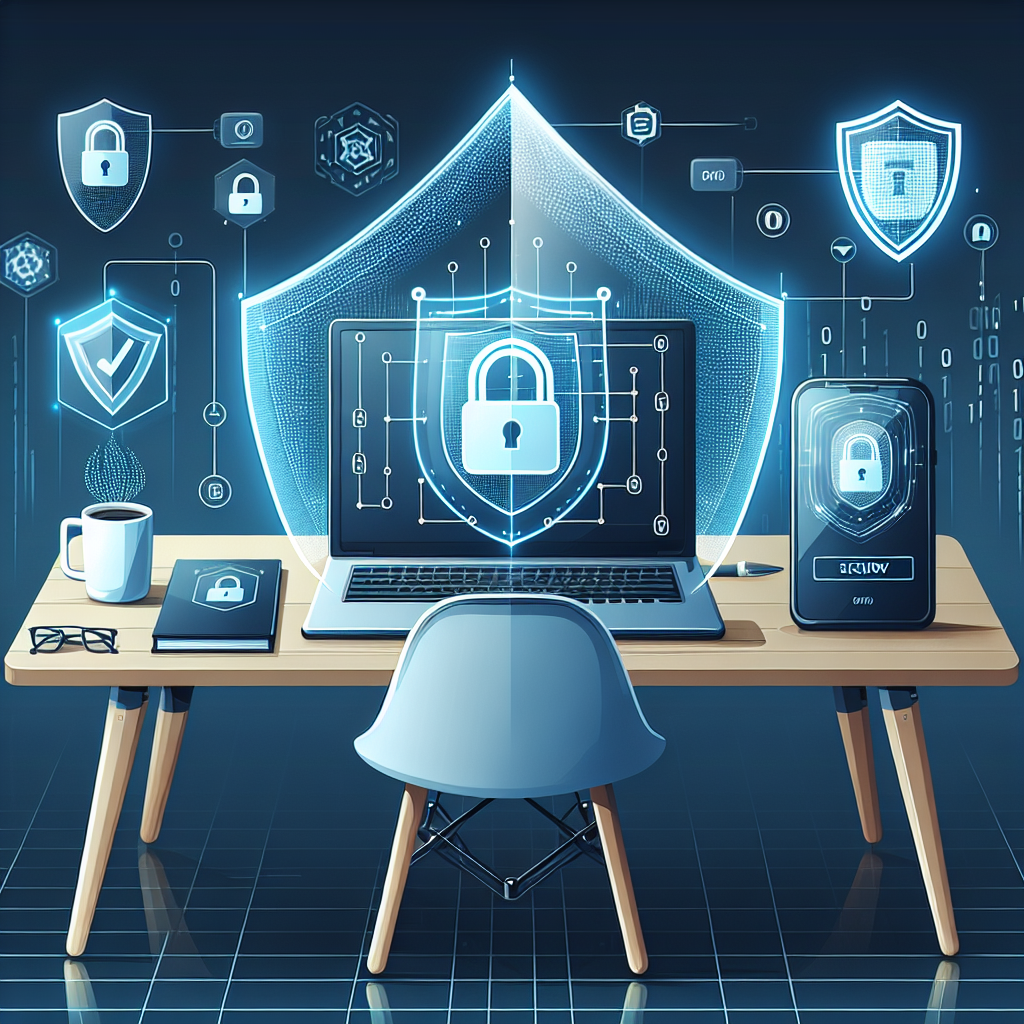Your cart is currently empty!
Cybersecurity in the Age of Remote Work: Strategies for Ensuring Data Security

The COVID-19 pandemic has drastically changed the way we work, with millions of employees now working remotely from home. While this shift has brought about greater flexibility and convenience, it has also raised concerns about cybersecurity. With employees accessing company networks and sensitive data from outside the traditional office environment, the risk of cyber threats has increased significantly.
As businesses continue to adapt to this new remote work environment, it is essential that they implement robust cybersecurity measures to protect their data and systems. Here are some strategies for ensuring data security in the age of remote work:
1. Use secure communication tools: Make sure employees are using encrypted communication tools, such as virtual private networks (VPNs) and secure messaging apps, to protect sensitive information when working remotely. These tools encrypt data as it is transmitted over the internet, making it much harder for cybercriminals to intercept and steal.
2. Implement multi-factor authentication: Require employees to use multi-factor authentication (MFA) to access company systems and data. This adds an extra layer of security beyond just a password, such as a one-time code sent to a mobile device, to verify the user’s identity.
3. Regularly update software and systems: Ensure that all software and systems are regularly updated with the latest security patches and updates. Cybercriminals often exploit vulnerabilities in outdated software to gain access to networks, so keeping everything up to date is crucial for staying protected.
4. Train employees on cybersecurity best practices: Provide employees with training on cybersecurity best practices, such as how to recognize phishing emails, use strong passwords, and securely store and share data. Education is key to preventing human error and reducing the risk of a cyber attack.
5. Monitor network activity: Implement real-time monitoring of network activity to detect any suspicious behavior or unauthorized access. This can help identify and respond to potential security threats before they escalate.
6. Backup data regularly: Regularly backup all critical data and systems to a secure, off-site location. This ensures that in the event of a cyber attack or data breach, you can quickly restore lost data and minimize downtime.
In conclusion, cybersecurity is more important than ever in the age of remote work. By implementing these strategies and staying vigilant, businesses can protect their data and systems from cyber threats while allowing employees to work safely and securely from anywhere. Remember, cybersecurity is a shared responsibility, so it’s crucial for both employers and employees to be proactive in safeguarding sensitive information.

Leave a Reply